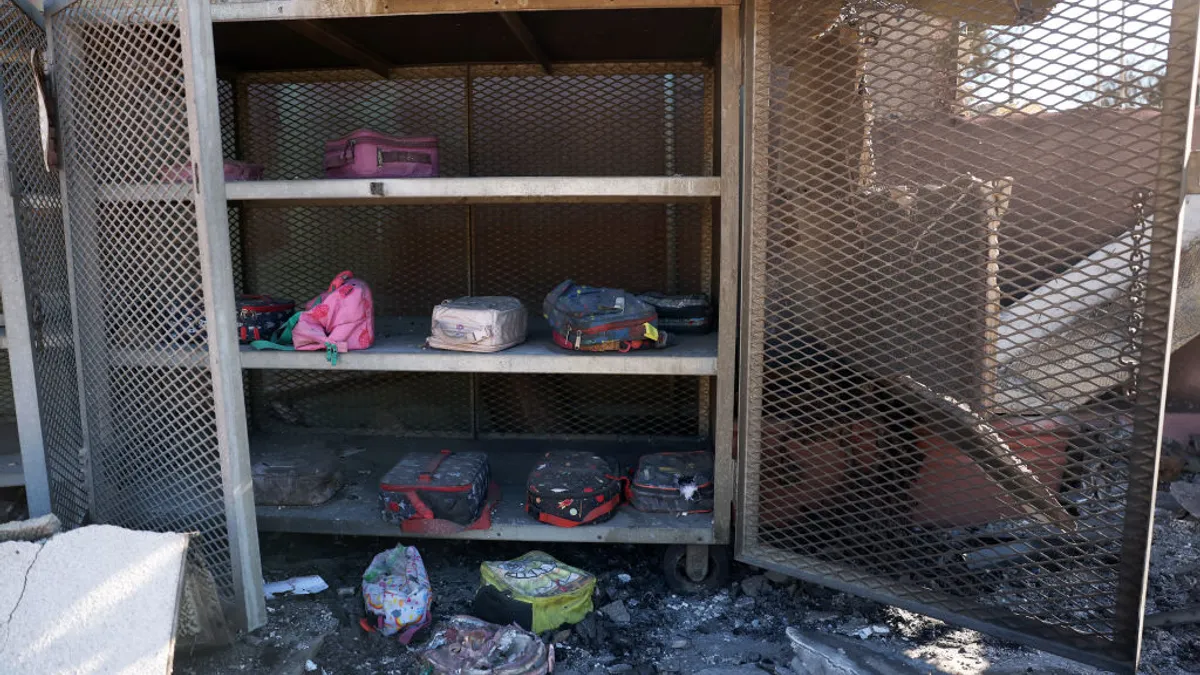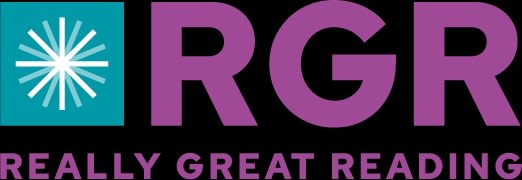The number of special education written state complaints jumped by 22% in the 2023-24 school year compared to the year prior, according to a new analysis by the Center for Appropriate Dispute Resolution in Special Education, a federal technical assistance center.
Written state complaints involve a state-led investigation into a special education-related concern brought forward by anyone. CADRE’s data shows there were 9,927 written state complaints filed in 2023-24, which represents a 79% rise over the previous 10-year average of 5,537. CADRE's analysis is based on data collected by the U.S. Department of Education.
Although CADRE's analysis doesn't explore the causes for trends in dispute resolution activities under the Individuals with Disabilities Education Act, CADRE Director Melanie Reese said in an email that the state complaint data suggests states are struggling to keep up with the demand because of limited capacity and resources.
For instance, the percentage of written state complaints pending at the end of a reporting period, which can signal a backlog of cases, doubled from 3% in 2022-23 to 6% in 2023-24. The number of written state complaints resolved within the 60-day timeline decreased 11% in 2023-24 from the previous 10-year average.
The majority — 81% — of state complaints were resolved within the 60-day timeline, but that represents a decrease from the previous 10-year mean of 92%, according to CADRE. About 39% of all written state complaints nationally in 2023-24 came from three states — California, Massachusetts and Texas.
Marcie Lipsitt, a Michigan resident and advocate for students with disabilities, said she has filed more state complaints in the last 6 months — about 12 — than she has in the previous 12 years. All Lipsitt's recent state complaints were filed with the Michigan Department of Education and reflect a variety of potential violations to IDEA.
Lipsitt attributes the national rise in written state complaints to a backlog of complaints waiting to be reviewed by the U.S. Department of Education's Office for Civil Rights. While OCR does not investigate violations specific to IDEA, it does review education-related disability discrimination complaints.
Filing either a written state complaint or an OCR complaint are viewed as more accessible IDEA and disability dispute avenues because they are administrative and are easier for non-attorneys to file.
This year, the Trump administration has closed seven out of 12 regional OCR offices and laid off half of OCR's employees. More than 260 OCR staffers are expected to return to their jobs starting this week through November.
But even before this year, federal officials and lawmakers were voicing concerns about OCR's limited capacity to address a record number of complaints.
"The Office of Civil Rights is basically closed for business," Lipsitt said. She said she started filing more written state complaints "because I have to do something to get families some kind of help."
A shortage of special educators and related service providers is also likely stressing the early and formal dispute resolution system. According to the Learning Policy Institute, 45 states reported special educator shortages in 2024-25 based on data reported to the Education Department. Nearly all states — 48 and the District of Columbia — had 365,967 teachers who were not fully certified for their positions, an LPI analysis said.
Reducing costly, contentious disputes
CADRE's data also shows an increase in due process complaints. However, one state — New York — accounted for 68% of these types of complaints filed nationally. If the New York data is removed, due process complaints rose 5% between 2022-23 and 2023-24.
Due process complaints are requests by parents or families that their case be heard by an administrative hearing officer.
One positive trend noted by CADRE from 2023-24 is consistently high family-school district agreement rates from mediations, particularly those not related to due process hearings. This process involves a mediator who helps the school and family communicate and resolve their differences.
Early dispute resolution approaches, like voluntary mediation, can reduce contentious and costly litigation to address special education disagreements between school districts and families. Mediations also typically result in stronger compliance with agreements, because school districts and families collaborate in developing an agreement rather than a hearing officer or other third party making a decision, according to CADRE, which supports districts and states in preventing and resolving special education disputes.
Mediation can be used anytime there is a disagreement between a family and district over special education services. Either the school district or family can request mediation, and since it is voluntary, both must agree to participate.
"The data continues to tell us that mediation is worth the investment," Reese said.
Special education dispute resolution experts point out that conflict is natural and has value but can lead to negative impacts for students when it goes unresolved.
CADRE also promotes other preventative and early dispute resolution approaches, such as facilitation for individualized education program meetings and school efforts to engage and partner with families of students with disabilities.






















